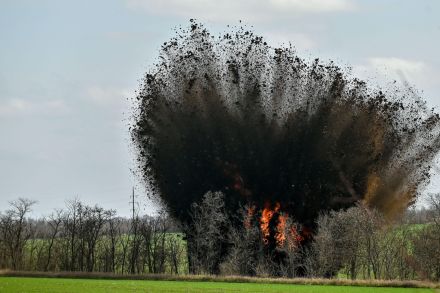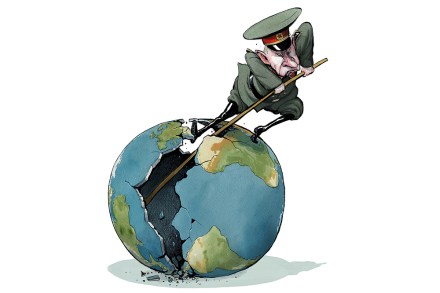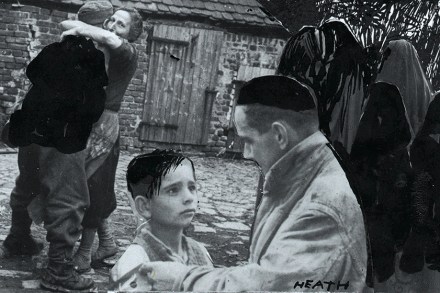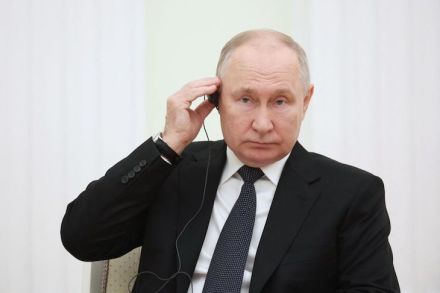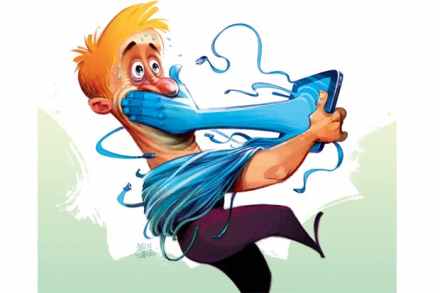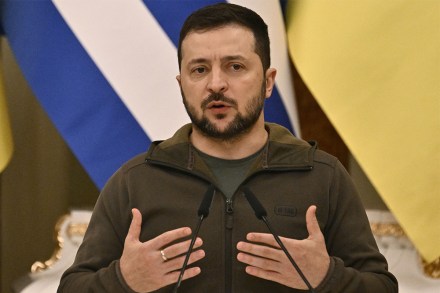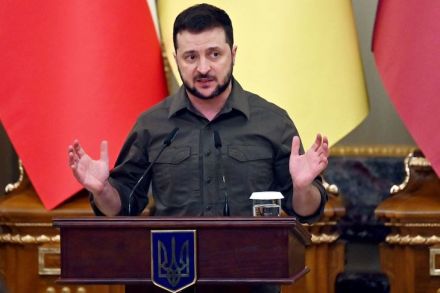Cameron’s Ukraine trip provides a welcome boost for Zelensky
Just days after returning to government as Lord Cameron, the former prime minister and new Foreign Secretary has made his first foreign visit. Unsurprisingly, the destination of this trip was Kyiv, to meet with Ukrainian president Volodymyr Zelensky. The news of Cameron’s visit broke early this morning, although whether it took place this morning or earlier in the week remains unclear thanks to the wartime high security protocols that exist around such visits. In footage posted by Zelensky to X/Twitter, the Ukrainian premier is shown welcoming Cameron and his delegation to Kyiv. Shaking hands, Cameron calls it an ‘enormous honour’ to meet Zelensky. Cameron’s visit to Ukraine will have provided





